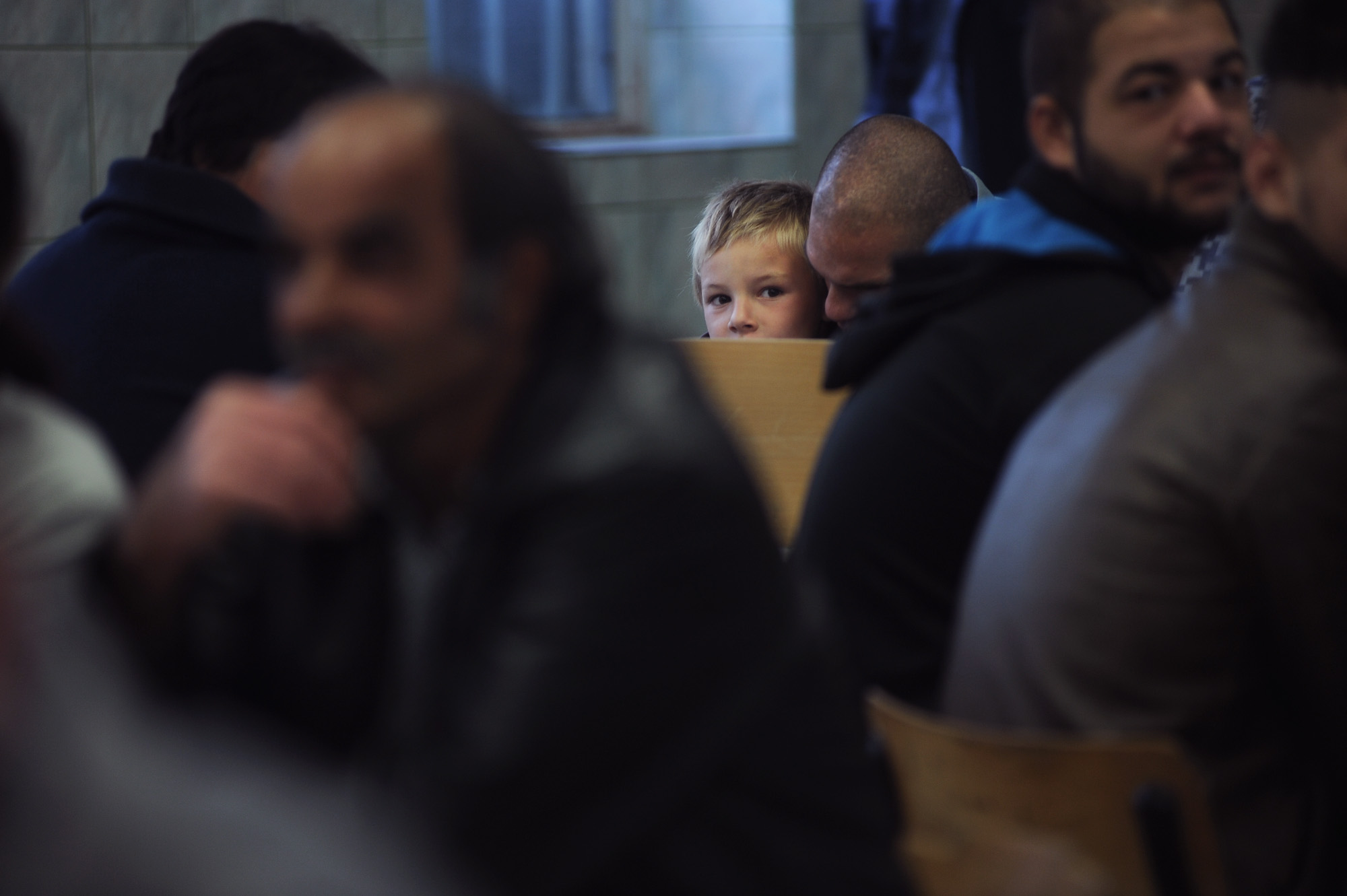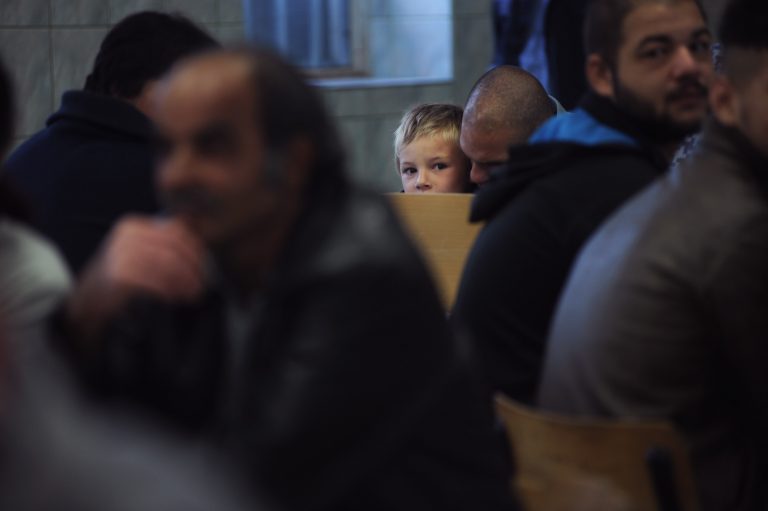
HHC asks for an ad hoc CPT visit in Hungarian penitentiaries
The HHC has long been reporting on issues related to unnecessary restrictions of detainees’ contact with the outside world to the CPT. For the past years, there has been a systemic overuse of COVID-lockdown measures all over the Hungarian penitentiary system constituting a structural violation of the right to respect for private and family life of detainees and their family members. According to the HHC, an assessment of the current situation by an international monitoring body is necessary to ensure the respect of human rights in the Hungarian prison system. Therefore, we are respectfully calling on the CPT to use its mandate and carry out an ad hoc visit to Hungarian penitentiaries.

The HHC has recently compiled a factsheet on the most pressing issues related to contact with the outside world for detainees in Hungary and recommendations to remedy them. Additionally, the 2020-2021 research of the Support Network for Detainees and their Families on detainees’ contacts with the outside world corroborate that opportunities for having family contact inside penitentiaries have been subjected to an increasingly restrictive policy for years even before the pandemic. For example, since 2017 physical contact between detainees and their visitors have been completely prohibited, except for a rarely available type of visit (family visit), which is only available upon request and its granting criteria is non-transparent. Based on the experiences of the HHC, the pandemic has further intensified these concerning trends.
As a health security measure to protect detainees and staff from COVID-19, the Director General of the National Prison Administration (NPA) imposed a total ban on visiting prisons from March 2020. From 18 June 2020, Act LVIII of 2020 has regulated pandemic-related restrictions on the execution of prison sentences. According to it, the NPA may restrict all forms of personal contacts including visits and extraordinary temporary release. This means in practice that at the sole discretion of the NPA’s Director General, the ban on visits and temporary release have been upheld during the vast majority of the past two years without any limits as the conditions of lifting the ban (such as the rate of infected population, or the rate of vaccination) were never communicated. The HHC has requested information from the NPA on the conditions of a possible lift of the total ban; data regarding this policy was not disclosed.
The ban first lasted for a consecutive 16 months, after which restrictions were eased for four months on 1 July 2021 that made visits possible again, but under significantly stricter conditions than before the ban, such as
- children were not allowed to visit,
- a one-hour visit of at least once a month has been reduced to a half-hour visit no more than once a month, and
- adults were only allowed to visit if they had a vaccination card.
Restricted visitation was possible for four months in total, but on 8 November 2021, the prison visitation ban was reintroduced. As of 14 April 2022, all penitentiary institutions remain under total lockdown to “reduce health risks related to the pandemic” despite the fact that the Government lifted the last COVID-restrictions outside penitentiary walls more than a month ago, on 7 March 2022. This long-standing total lockdown has put a severe burden on detainees’ family ties.
Our full letter is available here.